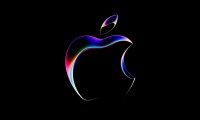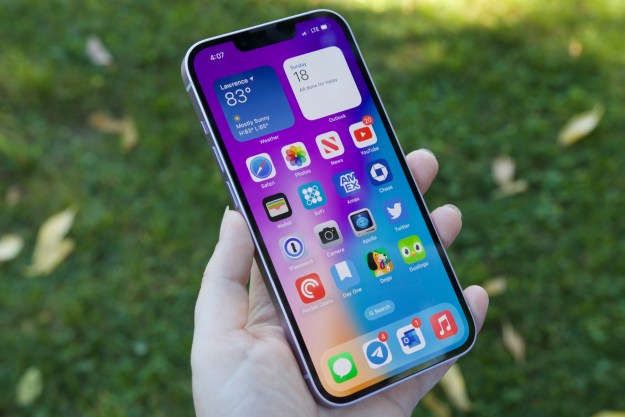
Apple’s Tim Cook reported some impressive stats during his WWDC Keynote address this morning.
According to Apple’s figures, in just under 5 years, App Store users have downloaded 900,000 apps (up from 650,000 at last year’s WWDC), with 93 percent of those being downloaded at least once a month. The App Store has 375,000 apps developed for iPad (up from 225,000 in 12 months). There have been 50 billion downloads from the service (up from 30 billion in 12 months), and there are currently 575 million registered iTunes accounts.
Apple has paid out over $10 billion to developers, 5 billion of that in the last year alone – that figure is 3 times higher than all other platforms (Android, Windows Phone, etc.) combined, according to Apple.
And for those who like iCloud, Apple spewed out a few stats for it as well. There are 300 million users of iCloud and 240 million Game Center users. In addition, Apple users have sent 800 billion iMessages and received 7.4 trillion push notifications.
CEO Tim Cook also unveiled that 600 million iPhones, iPads, and iPods have been sold. And continuing the numbers, Apple claims that the iPad accounts for 82 percent of all tablet Web usage.
Finally, to top off the gloating, Apple claims to have a 97 percent satisfaction rating for iOS, and has been ranked number one in customer satisfaction nine times in a row by JD Power and Associates. iOS 6 is world’s most popular operating system; second is a version of Android (2.3 Gingerbread) which was released in 2010.
We aren’t entirely sure what the value of some of these numbers is, but it does show just how big Apple’s ecosystem has grown.
Editors' Recommendations
- Everything you need to know about the massive Apple App Store outage
- Apple iPad Air is back down to its Black Friday price
- Surprise Apple sale brings big discounts on iPad and Apple Watch
- Guess how much Apple has paid App Store developers — you won’t even be close
- Sorry, but allowing third-party iPhone app stores is a bad idea



